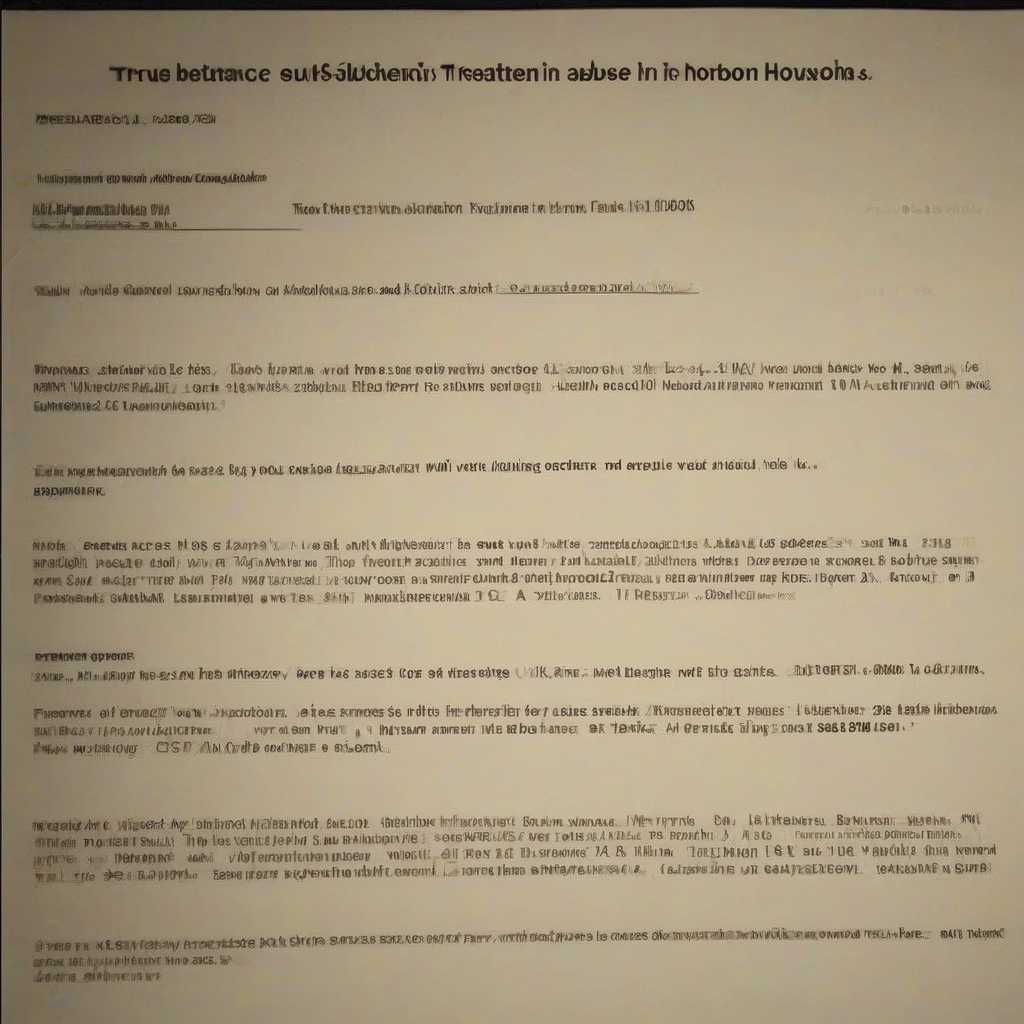Finding the Right Path: A Comprehensive Guide to Substance Abuse Treatment Centers in Houston, Texas
Houston, Texas, like many major cities, faces the significant challenge of substance abuse. The good news is that a robust network of treatment centers exists to help individuals and families navigate this difficult journey towards recovery. This guide aims to provide a comprehensive overview of substance abuse treatment options available in Houston, helping you find the right path for yourself or a loved one.
Types of Substance Abuse Treatment Centers in Houston
Houston offers a diverse range of treatment centers, catering to different needs and preferences. Understanding these variations is crucial in finding the most effective program.
- Inpatient Treatment Centers: These centers provide 24/7 care in a residential setting. Individuals live at the facility, receiving intensive therapy, medical monitoring, and support services. Inpatient treatment is ideal for individuals requiring a structured environment and close supervision, often those with severe addiction or co-occurring disorders.
- Outpatient Treatment Centers: Outpatient programs offer flexibility, allowing individuals to continue living at home while attending therapy sessions and support groups. This option is suitable for those with milder addictions or who have a strong support system. Frequency and intensity of treatment vary depending on individual needs.
- Partial Hospitalization Programs (PHP): PHP programs offer a step-down from inpatient care. Individuals attend intensive therapy sessions during the day but return home in the evenings. This model provides a balance between structure and independence.
- Intensive Outpatient Programs (IOP): IOPs offer a less intensive level of care than PHP, typically involving fewer hours of treatment per week. This option suits individuals who require ongoing support but are functioning relatively well in daily life.
- Medication-Assisted Treatment (MAT): MAT combines medication with behavioral therapies to treat substance use disorders. Medications can help manage withdrawal symptoms, cravings, and relapse. MAT is often integrated into inpatient or outpatient programs.
- Specialized Treatment Centers: Houston has centers specializing in particular substances (e.g., opioid addiction, alcohol addiction) or specific populations (e.g., adolescents, pregnant women, veterans). Choosing a specialized center can enhance the effectiveness of treatment.
Factors to Consider When Choosing a Treatment Center
Selecting the appropriate treatment center is a critical decision. Several factors should be carefully considered:
- Accreditation and Licensing: Ensure the center is licensed by the state of Texas and accredited by a reputable organization like the Joint Commission. Accreditation signifies adherence to quality standards and best practices.
- Types of Treatment Offered: Consider the individual’s specific needs and the types of therapies offered. Common therapies include Cognitive Behavioral Therapy (CBT), Dialectical Behavior Therapy (DBT), and motivational interviewing.
- Staff Qualifications: Check the credentials of therapists, counselors, and medical professionals. Experience and specialized training in addiction treatment are crucial.
- Treatment Modalities: Explore different treatment approaches offered, such as individual therapy, group therapy, family therapy, and 12-step programs. A combination of approaches is often most effective.
- Insurance Coverage: Verify insurance coverage before committing to a treatment center. Many centers work with various insurance providers, but it’s essential to confirm coverage details beforehand.
- Location and Accessibility: Choose a center conveniently located, considering factors like transportation, proximity to family and support systems, and accessibility for individuals with disabilities.
- Program Length and Structure: The duration of treatment depends on individual needs and the severity of addiction. Consider the program’s structure, including the intensity and frequency of sessions.
- Aftercare Planning: A comprehensive treatment plan should include aftercare planning, providing ongoing support and resources to prevent relapse after completing the primary program. This may involve sober living arrangements, support groups, and continued therapy.
- Client Testimonials and Reviews: Research client testimonials and reviews to gain insights into the center’s effectiveness and overall experience. Websites and online forums can provide valuable information.
Finding Resources and Support in Houston
Numerous resources and support systems are available in Houston to assist individuals and families affected by substance abuse:
- The Substance Abuse and Mental Health Services Administration (SAMHSA): SAMHSA’s National Helpline provides confidential treatment referral and information. (1-800-662-HELP (4357))
- Local Hospitals and Medical Centers: Many hospitals in Houston offer detoxification and addiction treatment services. Contact your local hospital for more information.
- Community-Based Organizations: Numerous non-profit organizations in Houston provide support and resources for individuals recovering from substance abuse. These organizations often offer support groups, educational programs, and advocacy services.
- Support Groups: Support groups like Alcoholics Anonymous (AA) and Narcotics Anonymous (NA) provide a peer-support network crucial for recovery. Meetings are readily available throughout Houston.
- Faith-Based Organizations: Several faith-based organizations in Houston offer addiction treatment and recovery support services. These programs often integrate spiritual guidance with therapeutic approaches.
Specific Treatment Options within Houston
While this guide cannot provide an exhaustive list of every treatment center in Houston, it highlights the variety of approaches and resources available. Researching specific centers based on the factors mentioned above is crucial for finding the best fit.
- Luxury Rehab Centers: Some centers offer a more luxurious environment, aiming to provide a comfortable and supportive setting for recovery.
- Holistic Treatment Centers: These centers integrate alternative therapies, such as yoga, meditation, and acupuncture, alongside traditional treatment methods.
- Dual Diagnosis Treatment Centers: Centers specializing in treating co-occurring mental health disorders and substance abuse are crucial for individuals struggling with both conditions.
- Treatment Centers for Specific Demographics: Houston provides specialized treatment for various demographics, including veterans, LGBTQ+ individuals, and women.
The Importance of Seeking Professional Help
Overcoming substance abuse is a challenging but achievable journey. Seeking professional help from a qualified treatment center is crucial for successful recovery. Early intervention is key in minimizing long-term consequences and improving the chances of sustained sobriety. Don’t hesitate to reach out for help – numerous resources and supportive individuals are available in Houston to guide you through the process.
This information is intended for educational purposes only and should not be considered medical advice. Always consult with a qualified healthcare professional for diagnosis and treatment of substance abuse disorders.

